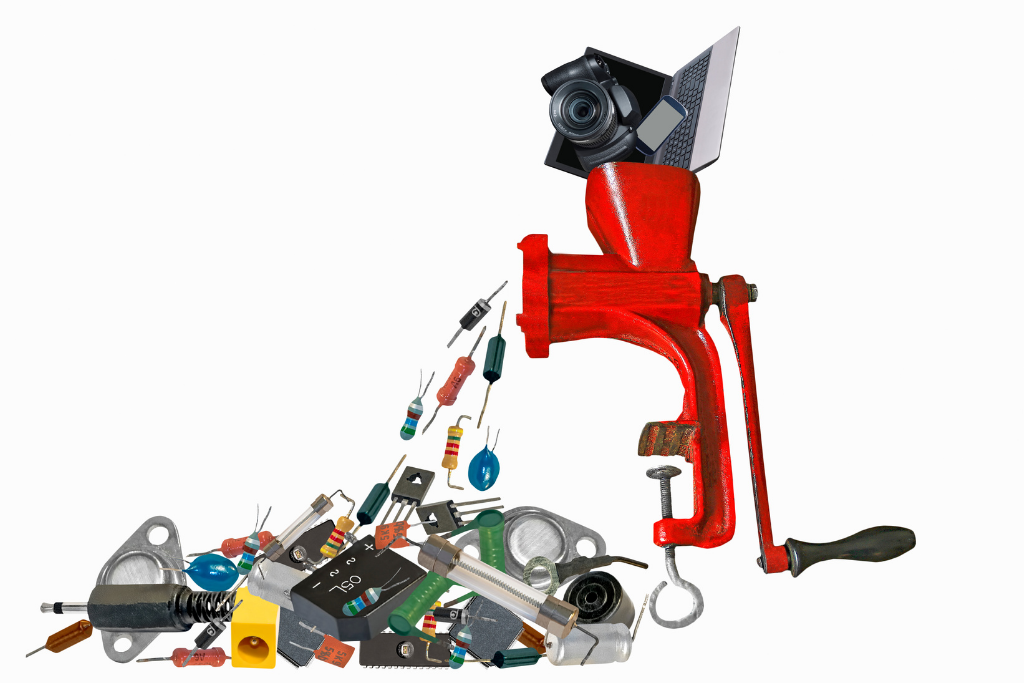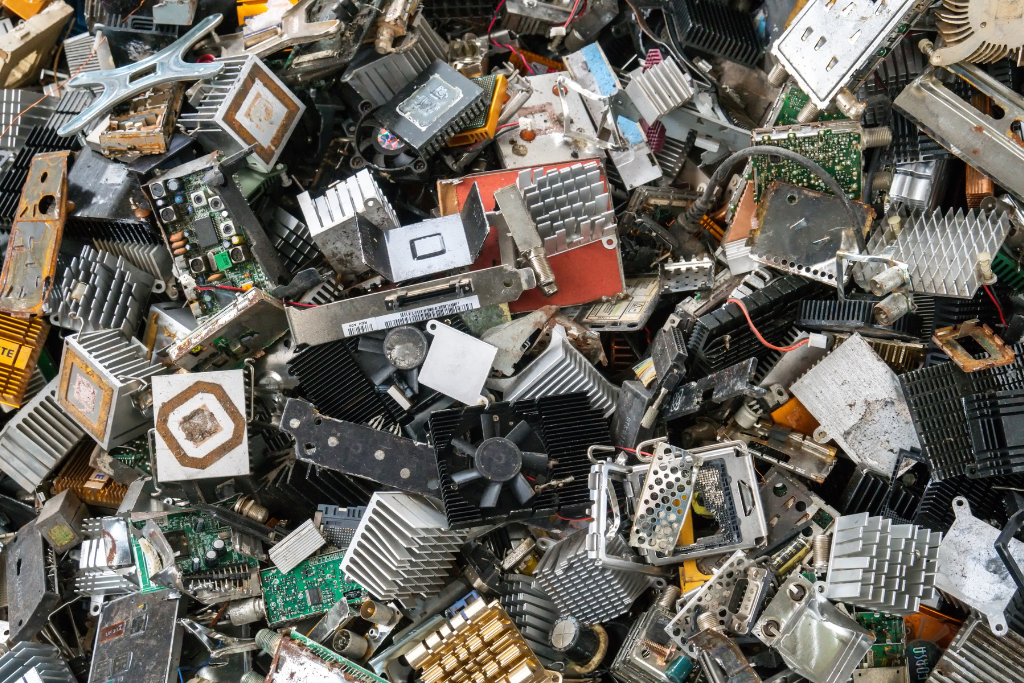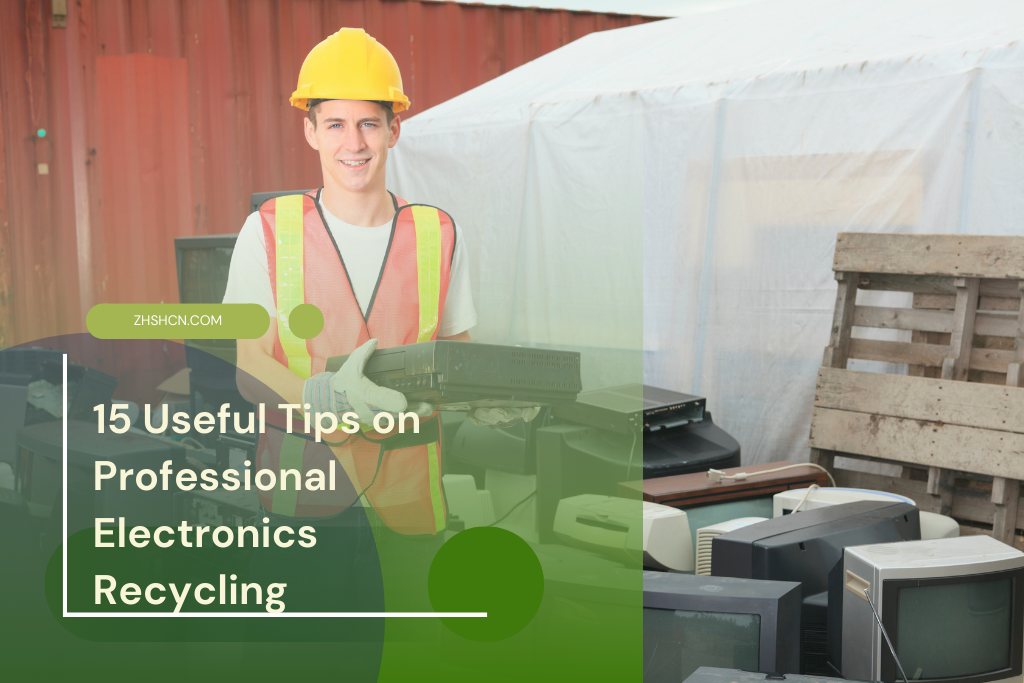Professional electronics recycling is indispensable in mitigating environmental repercussions and ensuring that electronic waste (e-waste) is dealt with aptly. Below are 15 useful tips on professional electronics recycling adeptly.
Key Takeaways:
- Comprehending e-waste and its constituents is the first step towards effective recycling.
- Adhering to local and international regulations ensures safe disposal.
- Prioritizing data security and partnering with certified recyclers amplifies the efficacy of the recycling process.
1. Grasping E-Waste
Deep dive into what electronic waste encompasses. This typically includes relics like old computers, smartphones, tablets, printers, and an array of other electronic devices.
2. Adherence to Regulations
It’s paramount to stay compliant with local, state, and federal stipulations surrounding e-waste disposal and recycling.
3. Prioritizing Data Security
Before dispatching devices for recycling, always ensure that data is obliterated or destroyed. This is a linchpin in safeguarding sensitive intel.

4. Streamlining Inventory Management
Keeping a well-structured inventory encompassing electronic gear specifics like make, model, and age can greatly simplify disposal processes.
5. Championing Reuse and Refurbishment
Before jumping to recycle, gauge the potential for reusing or sprucing up old electronics. This can often elongate their functional life.
6. Vetting Certifications
Opt for renowned electronics recycling enterprises that boast certifications such as R2 (Responsible Recycling) or e-Stewards. These badges stand testament to adherence to industry zenith practices.
7. Strategizing Collection and Sorting
To categorize electronics aptly for recycling, refurbishing, or reselling, it’s pivotal to have a coherent collection and sorting blueprint.
8. Safe Handling Protocols
Safe handling is non-negotiable. Continuously train your personnel on the best practices for e-waste handling, minimizing damage and injury risks.
9. Battery Recycling
Batteries demand distinct attention. Always segregate and recycle them distinctly from other electronic devices due to their specialized handling needs.
10. Promoting Reduced Toxic Materials
Champion the usage of electronic components that are scanty in toxic materials. Instances include advocating for lead-free solder.
11. Forge Recycling Partnerships
Align with certified e-waste recycling facilities or regional recycling initiatives. This ensures e-waste is disposed of in an eco-conscious manner.
12. Cultivating Public Awareness
Heighten awareness among peers, employees, and clients about the essence of recycling electronics responsibly.
13. Reverse Logistics Implementation
Configure a reverse logistics mechanism to adeptly manage the return influx of dated electronics from consumers or staff.
14. Maintaining Rigorous Documentation
Always have a meticulous record trail of the disposal and recycling undertakings, encompassing certificates of annihilation and recycling.

15. Upholding Environmental Stewardship
When procuring electronics, factor in their environmental footprint. Prefer products that promise longer operational life and are recyclable.
Frequently Asked Questions
- What constitutes e-waste?
E-waste or electronic waste refers to discarded electronic products, including but not limited to smartphones, computers, tablets, and printers. - Why is data security vital in electronics recycling?
Ensuring data is erased or destroyed before recycling prevents potential unauthorized access to sensitive personal or corporate information. - What certifications should a reputable electronics recycling company possess?
Certifications like R2 (Responsible Recycling) or e-Stewards are indicative of adherence to industry best practices and standards.
By embracing these tips, you’re not just ensuring responsible electronics recycling but also contributing to a greener and more sustainable planet.
